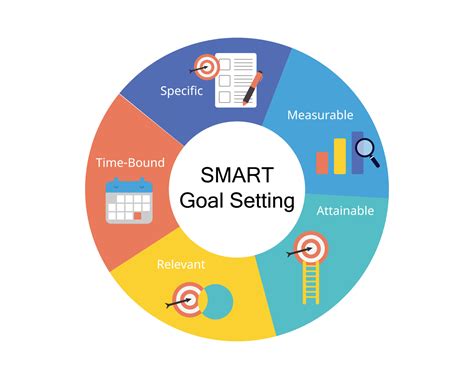In an era where fuel costs are a constant concern and environmental impact is always in mind, optimizing your vehicle’s fuel efficiency is more important than ever. While many factors contribute to how much gas your car consumes, from its make and model to its maintenance schedule, there’s one single driving habit that consistently tops the list for fuel wastage. Identifying and correcting this habit can lead to significant savings at the pump and a reduced carbon footprint.
The Primary Culprit: Aggressive Driving
The single most fuel-wasting driving habit is aggressive driving. This umbrella term encompasses rapid acceleration, sudden or hard braking, and exceeding speed limits significantly. Each component of aggressive driving forces your engine to work harder, less efficiently, and ultimately, consume more fuel than necessary.
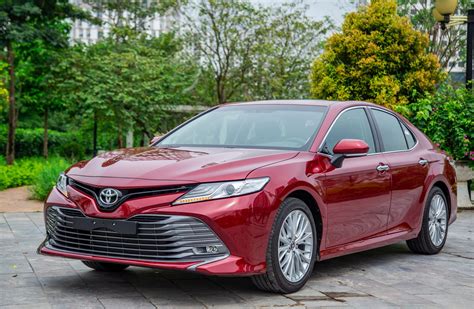
When you aggressively accelerate, your engine demands a much richer fuel-air mixture to generate the rapid power needed, burning more fuel than a gradual acceleration. Similarly, sudden braking squanders the kinetic energy you just paid to create; that energy is converted into heat at the brakes instead of being used to propel your vehicle further. Speeding, especially above 50 mph (80 km/h), dramatically increases aerodynamic drag, forcing your engine to use more power to overcome air resistance.
Fixing the Habit: Embrace Smooth Driving
The solution to aggressive driving is to adopt a smoother, more deliberate driving style, often referred to as “eco-driving” or “hypermiling.” This involves several key practices:
1. Smooth Acceleration
Instead of flooring the gas pedal, apply gentle, consistent pressure. Aim for gradual increases in speed. Imagining an egg under your accelerator pedal can help you maintain a lighter touch. This allows your engine to operate within its most efficient RPM range, minimizing fuel consumption.
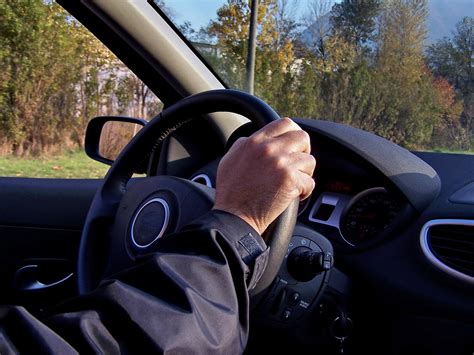
2. Anticipate and Coast
Look further down the road to anticipate traffic lights, turns, and stops. By easing off the accelerator early and allowing your car to coast, you leverage its momentum. This reduces the need for hard braking and often allows you to maintain momentum through minor slowdowns without needing to re-accelerate aggressively.
3. Maintain a Consistent Speed
Fluctuating speeds waste fuel. On highways, utilize cruise control to maintain a steady speed. In city driving, try to maintain a consistent speed where safe and practical, avoiding unnecessary acceleration and deceleration. Driving at moderate speeds (e.g., 55-65 mph or 90-105 km/h on highways) is generally more fuel-efficient than driving at higher speeds.

Supplementary Fuel-Saving Tips
1. Check Tire Pressure Regularly
Underinflated tires increase rolling resistance, forcing your engine to work harder and consume more fuel. Check your tire pressure at least once a month and ensure they match the manufacturer’s recommended levels (found on a sticker inside your driver’s side door or in your owner’s manual).
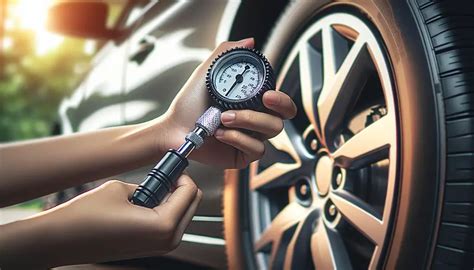
2. Perform Regular Vehicle Maintenance
A well-maintained engine runs more efficiently. Ensure regular oil changes, air filter replacements, and spark plug checks according to your car’s service schedule. A clogged air filter, for example, can significantly reduce fuel economy.
3. Reduce Unnecessary Weight
The heavier your car, the more fuel it needs to move. Remove any unnecessary items from your trunk or back seat. Even small amounts of extra weight add up over time.
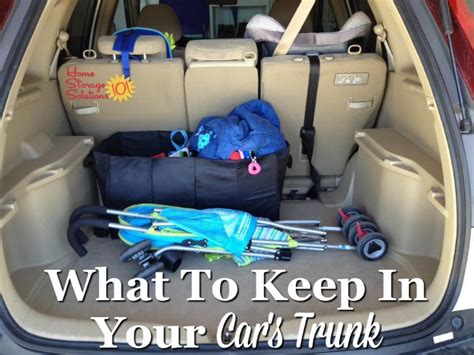
Conclusion
While various factors influence your vehicle’s fuel efficiency, aggressive driving stands out as the single most impactful habit leading to wasted fuel. By consciously adopting smoother driving techniques – gentle acceleration, anticipating traffic, and maintaining consistent speeds – you can significantly reduce your fuel consumption, save money, and contribute to a healthier environment. Couple these habits with basic vehicle maintenance, and you’ll be well on your way to becoming a more economical and eco-friendly driver.



